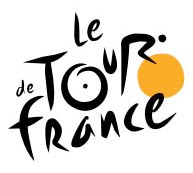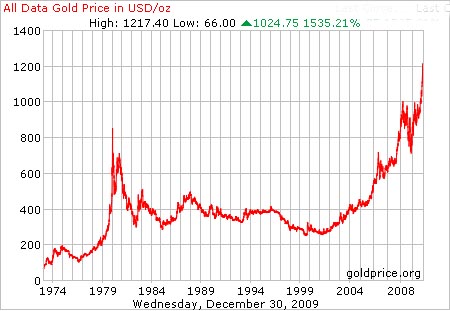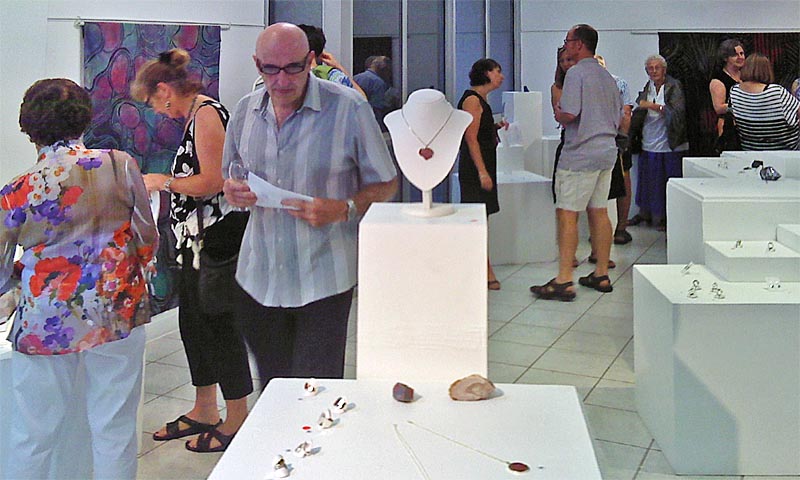Biographical Log
of Michael Furstner - Page 285
11 | 12 ||
2012 :
Jan |
Feb |
Mar |
Apr |
May |
Jun |
Jul |
Aug |
Sep |
Oct |
Nov |
Dec || Page :
Previous |
Next
Martinshof Story
-
Happiness -
Awareness -
Black Forest walks -
Camino -
Dolmen Tour -
Travel
Most Recent -
Next -
Previous -
Page 1 -
Photos -
Maps &
Articles -
MP3s -
Jazclass
Monday - Friday, July 1 - 5
2013
(diary)
 Yes, the greatest cycling sporting event in the world,
the Tour de France, has started again, and here in Australia we
have full coverage of the event on SBS
television.
Yes, the greatest cycling sporting event in the world,
the Tour de France, has started again, and here in Australia we
have full coverage of the event on SBS
television.
It is the second time that an all
Australian team, Orica Greenedge, is competing
and one of their riders, Simon Gerrans, won the
3rd stage in an exciting finish of this iconic 100th
birthday event.
On top of that the Greenedge team
won the 25km long Teams time trial in Nice the next day, as a
result of which Gerrans now wears the yellow
jersey, the 6th Australian in Tour history to do
so.
The first three stages were held on the
Mediterranean island of Corsica, the birthplace
of Napoleon Bonaparte.
The Tour's coverage always
highlights the scenery of the route, and I had not
realised how beautiful this island is.
A few years ago one of my online Improvisation students
was a part-time shepherd on the island of Corsica. He
related to me that he was practising my exercises on
his clarinet, sitting on top of a Corsican mountain
while keeping an eye on his herd of sheep.
July 1 is Northern Territory Day, always
celebrated with plenty of fireworks. I usually
take little notice of the event, but this time we were
playing bridge in the Trailer Boat Club and close to the
"cracker night" action. Lots of people were lighting
their fire works on the beaches along Fannie bay,
producing a very colourful display in the sky, enjoyed
by all, including myself with a glass of red
wine after the bridge.
Most Recent -
Next -
Previous -
Page 1 -
Photos -
Maps &
Articles -
MP3s -
Jazclass
Saturday - Wednesday, July 6 - 10
2013
(diary)
My career as a Coast Guard volunteer did not last long. I
aborted it within two weeks, as money was required just about
every step of the way : for membership, clothing, text books,
various training sessions, exams, certificate fees, etc.
etc.
In view of me now more clearly appreciating what they do
(and my indifference to it), I have resigned from the whole
caboodle. (It also comes across to me as a sort of "Dad's
Army".)
I will look out for something more meaningful to
contribute my time to, but at present I am also quite busy with
my new venture our new bridge club.
 Only recently, perhaps after looking at some fashionable jewelry
shop windows in Baden Baden last year, have I become conscious
of a curious historic reality (if one can call it that).
Only recently, perhaps after looking at some fashionable jewelry
shop windows in Baden Baden last year, have I become conscious
of a curious historic reality (if one can call it that).
My
parents started our family business Martinshof in the period
approaching the end of the Golden era of jewelry when the
gold price was still pegged to the US Dollar (at US$35.- an
ounce).
But unfortunately for them, they started the business
just after WW2 in 1949, when people in Europe were still poor
and had to focus on more mundane purchases, slowly improving
their living standards.
Martinshof was therefore forced to
switch to he wholesale of wedding and eternity rings to survive
and flourish.
Several precious large hand crafted creations remained
unsold in the business and I was fortunate enough to purchase all
of these in 1970 at their then book value (and well before the sudden rise of the gold price), so that they remain in
our possessions as important family history icons.
After the Gold price was floated in 1972 it stayed
initially relatively low but then suddenly took off in 1980, changing
the jewelry world forever. Artist had to change their creations
to become much lighter and smaller or use alternative cheaper materials.
 Last month I attended the opening of the annual silver jewelry
exhibition of the hobbyist silversmith Eric Nunn, also
a fellow bridge player. Eric has managed to overcome, to some
extent, the problem of size by using larger pieces of semi-
precious stones in his work.
Last month I attended the opening of the annual silver jewelry
exhibition of the hobbyist silversmith Eric Nunn, also
a fellow bridge player. Eric has managed to overcome, to some
extent, the problem of size by using larger pieces of semi-
precious stones in his work.
Eric cuts and polishes all
stones himself (mainly in flat shapes) and uses, whenever possible, gem materials found
in Australia itself.
For example pink Rhodonite from
Tamworth (New South Wales), jet black Jade from Cowell (on
the Eyre Peninsular in South Australia), Opals from Coober
Pedy (South Australia) and red and pink Agate from Agate Creek in
North Queensland. Well done Eric !!
Comments -
Most Recent -
Next Page -
Previous -
Top -
Page 1 -
Photos -
Maps &
Articles -
MP3s -
Jazclass
© 2013 Michael
Furstner
 Yes, the greatest cycling sporting event in the world,
the Tour de France, has started again, and here in Australia we
have full coverage of the event on SBS
television.
Yes, the greatest cycling sporting event in the world,
the Tour de France, has started again, and here in Australia we
have full coverage of the event on SBS
television. 
